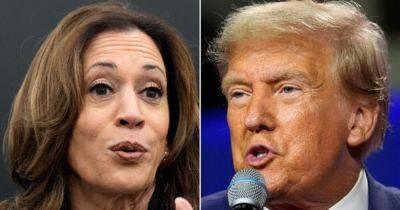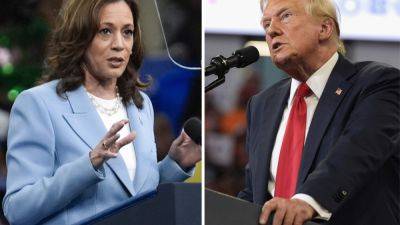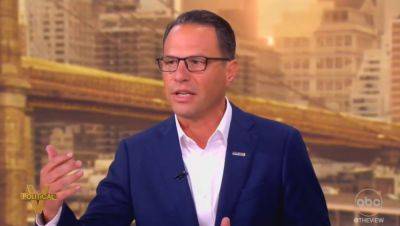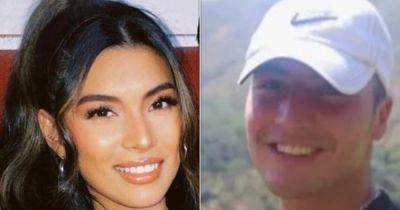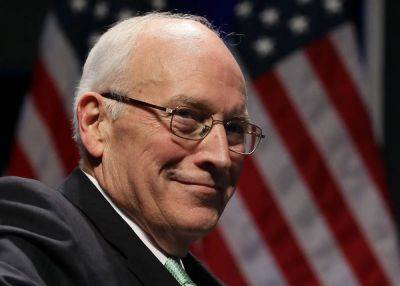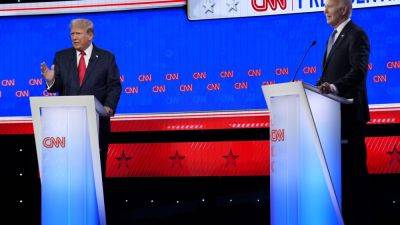Debates have proved a tough test for vice presidents running for president
Since the era of TV debates began in 1960, there have been 17 presidential election cycles and all but three have featured at least one televised faceoff between the nominees of the major parties.
When Vice President Harris takes the stage in Philadelphia Tuesday night on ABC with former President Donald Trump, she will be the first sitting vice president to debate someone who had actually been president.
But there have been six others who were vice president or had a history in that office when they debated on TV as their party’s nominee for the Oval Office. And their record has been mostly one of disappointment, both in the debate itself and in the election that followed.
Three were outshone in the debates and then defeated in the election that followed. All three retired from politics thereafter.
Two held their own in their debates the year they won the nation’s ultimate office, only to stumble in their debates as incumbents four years later and be denied reelection.
And there was the very first vice president who debated on TV as the nominee of his party, Richard Nixon, whose performance in 1960 may have cost him an election and cast a shadow on the era of presidential debates that followed.
Nixon puts his stamp on the era
For more than 60 years, Richard Nixon’s performance in the first debate ever televised between presidential nominees has been held up as an example of campaign error. Nixon had been ill and was reluctant to use much TV make-up for his paleness and his famous “five o’clock shadow.” The contrast was notable in the era of black-and-white television.
Moreover, Nixon seemed ill at ease, especially in contrast to the supremely confident demeanor of his opponent, the young Democratic senator from


